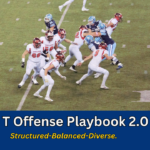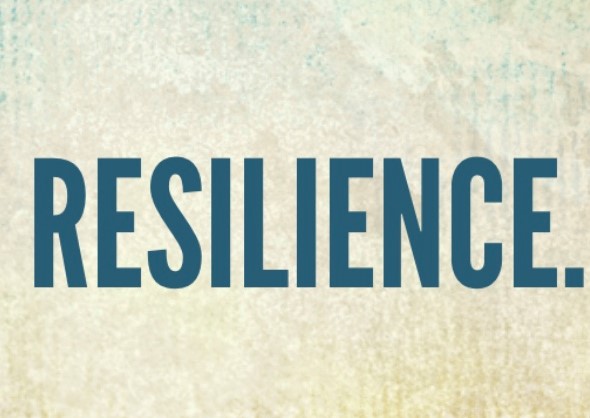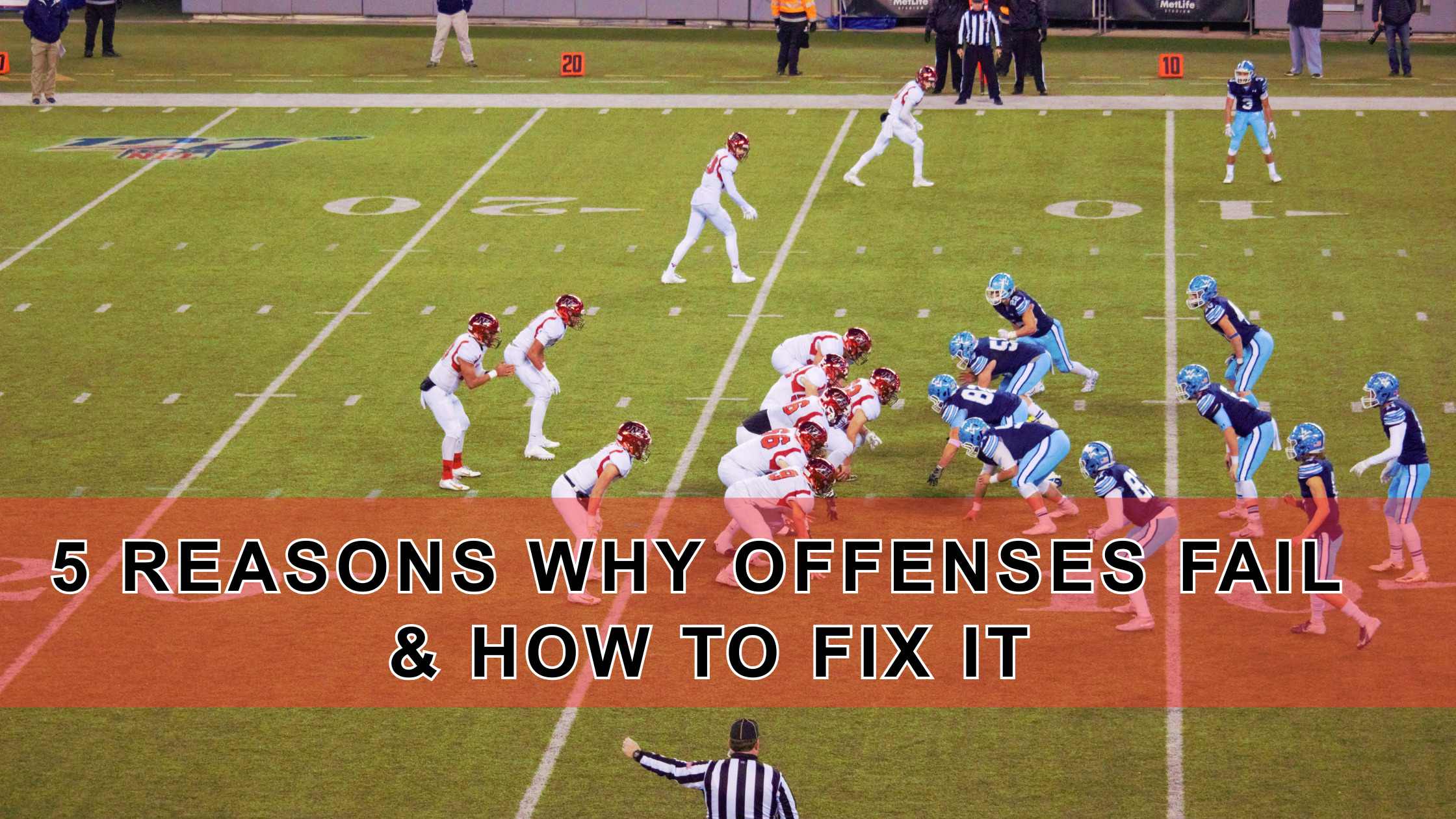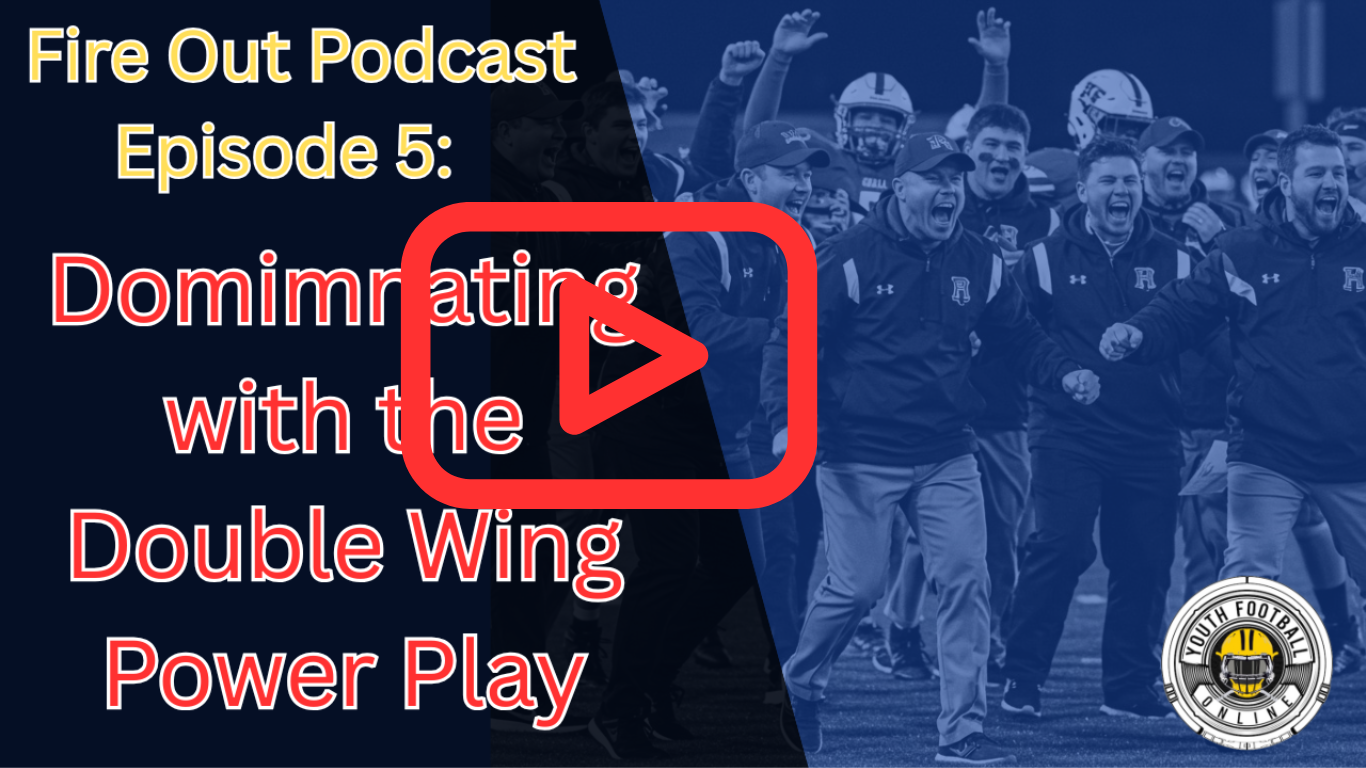Coaching Mental Toughness in Youth Sports
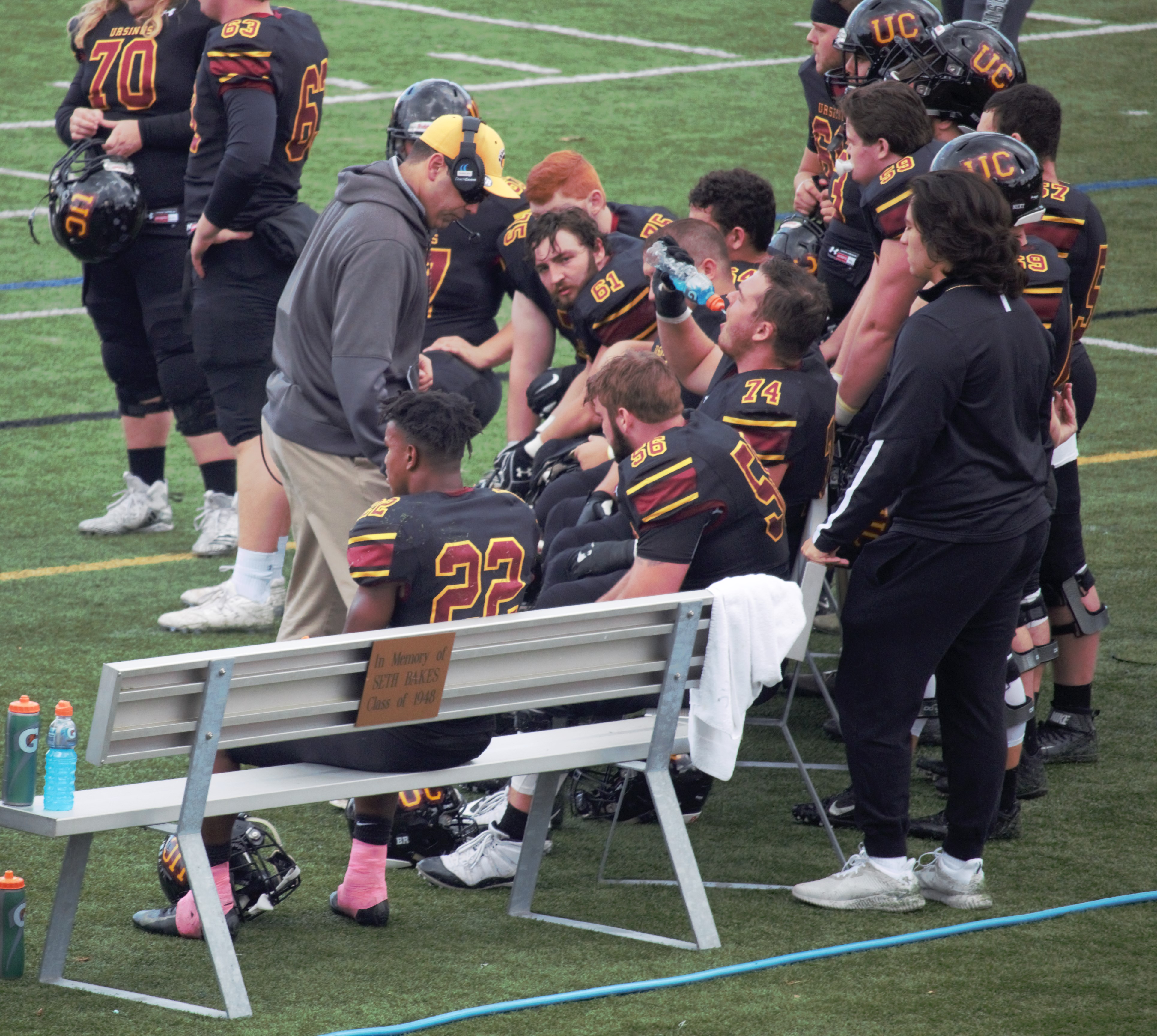
Coaching Mental Toughness in Youth Sports
Mental toughness is a phrase that is thrown around a lot in sport and competition. Athletes demonstrate mental toughness coming back from an injury or battling back for a come-from-behind win. While mental toughness is talked about a lot, many people have a difficult time defining it. Athletes, coaches, and parents are more likely to describe mental toughness using an example, whether it’s a personal experience or from watching other athletes.
Define Mental Toughness
In order to coach mental toughness, you must know what you’re looking for and how to teach it. This starts with your personal definition of mental toughness. You need a strong understanding of how you want your athletes to think and act. Take time to consider how a mentally tough athlete shows up to practice, how they go through practice, how the talk to their teammates. Think about how a mentally tough athlete behaves before, during, and after games. What does this athlete do when they get benched or make a mistake? Take the time to write down all the characteristics, thoughts, and behaviors of these mentally tough athletes. Writing it out will give you a more concrete idea of what it means to have mentally tough athletes on your team.
This is not limited to your athletes; you need to know what being a mentally tough coach looks like. Coaches are no stranger to making tough decisions for the best of the group. This means you must have a sense of resilience and toughness to stay true to yourself, your philosophy, and your goals for the team. Consider what it looks like to be mentally tough when things aren’t going well.
Teaching Mental Toughness
With a solid definition of what mental toughness is and looks like for yourself and your athletes, you are in the best position to teach and coach your athletes. Communication with your athletes will be crucial in teaching, building, and reinforcing mental toughness.
A strong communication strategy is to use a “feedback sandwich.” This begins by telling an athlete what they did right, then what they can improve, and lastly some encouragement.
Related Content: Handling Sudden Change- Being Resilient
An example in football is a wide receiver who doesn’t go all out unless he’s getting the ball. A coach can begin by talking to the athlete saying, “I can tell you know the playbook really well; you’ve been working really hard to know all of the plays. What we need now is for you to give the same effort on a blocking play that you give on a passing play. It’s important for moving the ball down field. Keep hustling out there.”
Communication is not just the verbal feedback of telling the athlete what they need to do, what they did right, or how they can improve. Communication also comes from your actions and body language. Your tone and the way you tell the athlete feedback matters. Constantly yelling at your athletes will not make them learn faster or hear you more clearly. Also, consider if you are looking your athletes in the eyes when you are talking to them or if you’re standing facing them. These small considerations are important for clearly communicating with an athlete. When they understand you better, they will learn much more quickly, putting your feedback into action.
Communication is one piece to the puzzle of coaching mental toughness. Learn more about coaching mental toughness with Coach Blaise at Excellent Athlete.
Related Content: 10 Keys to Becoming a Great Youth Football Coach
Article By: Coach Blaise, CMPC






